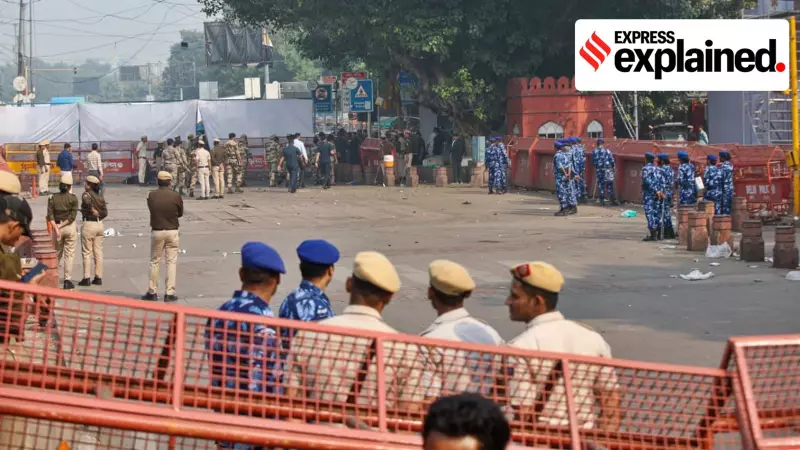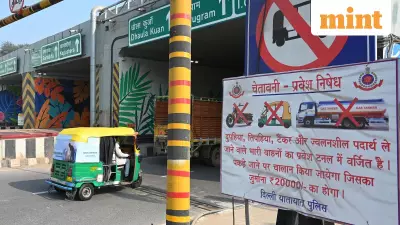
Red Fort Blast Shatters Delhi's 13-Year Terror-Free Period
New Delhi witnessed its first major terror incident in over thirteen years when an explosion rocked the area near the historic Red Fort on Monday evening. The blast occurred outside Gate No. 1 of the Red Fort Metro Station, claiming at least 13 lives and leaving several injured when a bomb detonated inside a moving i20 car.
This tragic event marks a significant break from the relative peace the national capital has enjoyed since February 2012, when the last terror attack targeted the Israeli embassy area. The November 10 explosion has drawn immediate responses from India's highest leadership, with Prime Minister Narendra Modi characterizing it as a "conspiracy" and Defense Minister Rajnath Singh vowing that "those responsible will be brought to justice."
Investigation and Official Responses
While authorities have yet to officially designate the explosion as a terror incident, Home Minister Amit Shah confirmed that all investigative angles are being explored. "Until forensic authorities and the NSG analyze samples from the blast site, we cannot draw definitive conclusions," Shah stated, emphasizing that no possibilities are being ruled out.
The National Investigation Agency (NIA), which previously investigated the 2011 Delhi High Court blast, has taken charge of the probe. The timing of this incident is particularly significant given recent arrests by Jammu and Kashmir Police, who apprehended two doctors from Haryana and Uttar Pradesh for alleged connections to terror organizations Jaish-e-Mohammad and Ansar Ghazwatul Hind.
Historical Context: Delhi's Terror Attack Timeline
The Red Fort blast represents a dramatic shift from Delhi's improved security situation in recent years. The period between 2005 and 2011 had been particularly dangerous for the capital, with at least five major terror attacks occurring in densely populated areas including Connaught Place and Sarojini Nagar.
Major terror incidents in Delhi since 2005:
- September 2011: Delhi High Court reception blast killed 15 people, attributed to Hizbul Mujahideen
- September 2010: Shooting at Jama Masjid gate targeting tourists before Commonwealth Games
- February 2012: Bomb explosion near Israeli embassy - the last major incident before current blast
Nationally, India has experienced 46 significant terror attacks outside Jammu, Kashmir and northeastern states over the past two decades. The 2008 Mumbai attacks represented a watershed moment, followed by relative calm until the 2010 Pune blasts at German Bakery.
Government's Counter-Terrorism Framework
India has developed a comprehensive anti-terror infrastructure in recent years, including the establishment of NSG hubs near metropolitan cities and the reorganization of the Multi-Agency Centre for round-the-clock intelligence coordination.
Legal measures have been significantly strengthened through amendments to the Unlawful Activities (Prevention) Act in 2008, providing more stringent punitive measures against terrorism. The creation of the National Investigation Agency following the Mumbai attacks and the development of the National Intelligence Grid (NATGRID) represent key components of India's security apparatus.
Additionally, the Prevention of Money Laundering Act was amended in 2009 to include offenses under the Unlawful Activities Act as predicate offenses, enhancing the financial tracking capabilities of security agencies.
As investigations continue into the Red Fort blast, security agencies remain on high alert, analyzing forensic evidence and intelligence leads to identify the perpetrators behind this attack that has broken Delhi's extended period of security stability.





